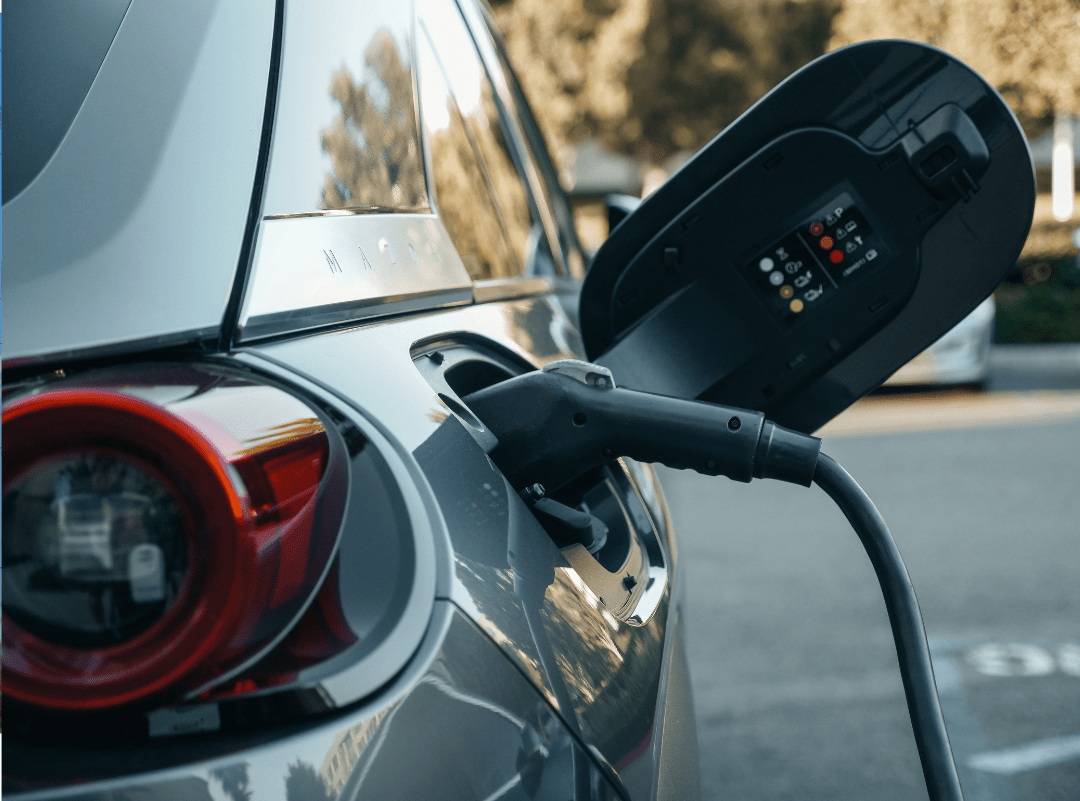By Patrick Seroogy

Photo credit: Matt Hecht
Public participation and environmental justice are fundamental to environmental law. The former has been a pillar since the enactment of the National Environmental Policy Act (NEPA) in 1970, which established a federal environmental review framework and enabled members of the public to meaningfully engage in the decision-making process on projects whose adverse environmental impacts may affect them. The latter is the just treatment and meaningful involvement of all people in agency decision-making, with a focus on communities that have historically been disproportionately burdened with adverse human health and environmental risks and hazards. Categorical exclusions (CEs) are actions that are exempted from complicated environmental review under the NEPA process because they are not meant to produce significant environmental impacts.
Continue reading “Public Engagement in Categorical Exclusions Under NEPA”




